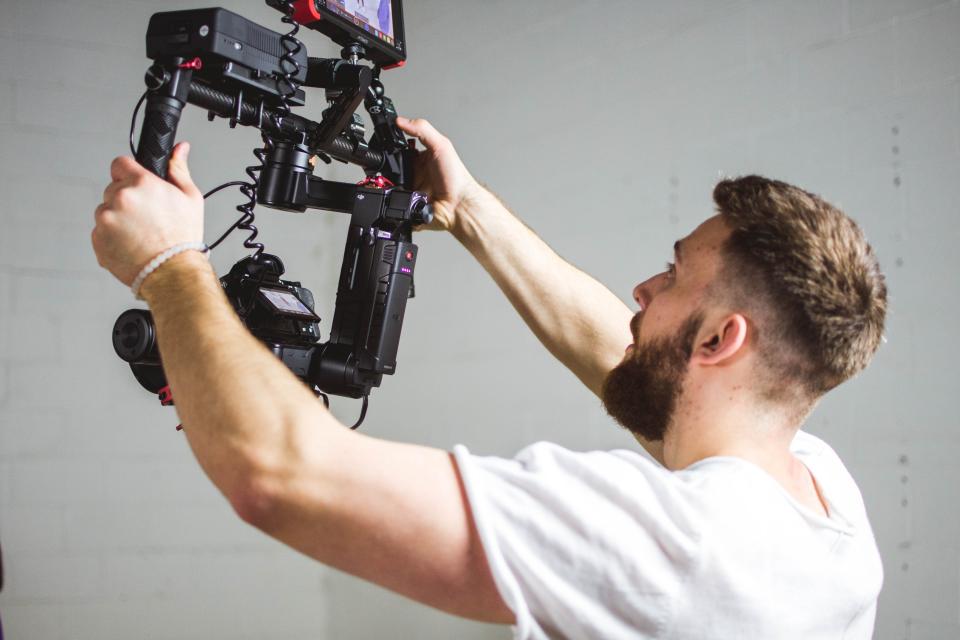A cinematography course is designed to provide comprehensive knowledge and hands-on experience in the art and techniques of filmmaking. It covers a wide range of topics to equip individuals with the skills necessary for a career in cinematography.
The course begins by exploring the historical evolution of cinematography and its significant impact on filmmaking. Basic concepts, such as composition, framing, lighting principles, and camera movement, form the foundational knowledge imparted during the initial phase.
Students learn about various types of cameras, their functionalities, and specific features. They delve into technical aspects like ISO, aperture, shutter speed, and white balance, crucial for achieving optimal exposure.
Understanding lighting nuances is pivotal. The course teaches students to effectively utilize both natural and artificial light to create different moods and atmospheres within various scenes.
Focusing on shot composition, students learn diverse framing techniques like wide shots, close-ups, and the rule of thirds. Additionally, they grasp the art of storyboarding to visually represent script elements and plan shooting sequences.
The course covers the entire filmmaking process, from pre-production planning and organizing shoots to practical experiences in directing actors during production and the post-production phase involving editing, color grading, sound design, and finalizing the film.
Students may have the opportunity to explore advanced techniques such as aerial shots, steadicam operation, or underwater cinematography. They can also specialize in areas like documentary filmmaking or experimental film, gaining insights into their unique challenges and styles.
Through guest lectures by industry professionals and networking opportunities, students gain real-world insights and connect with experienced practitioners, fostering potential collaborations and future opportunities.
The curriculum typically includes hands-on exercises to practically apply theoretical knowledge, allowing students to work on short films or projects to showcase their learned skills.
Students familiarize themselves with various job roles such as director of photography (DP), camera operator, or cinematographer, preparing them for the professional expectations and demands of the film industry.
In conclusion, cinematography courses provide aspiring filmmakers with a comprehensive understanding of both the technical and artistic aspects of filmmaking. Through a blend of theoretical teachings and practical experiences, students are equipped to venture into the dynamic and rewarding realm of cinematography.
